Aluminum pans are a favorite in both home and professional kitchens, and for good reason. Lightweight, quick-heating, and versatile, they’re the go-to choice for a wide variety of cooking tasks. In this guide, we’ll explore why aluminum cookware deserves a place in your kitchen, covering its benefits, types, maintenance tips, and some top recommendations to get the most out of this kitchen essential.
Table of Contents
Why Choose Aluminum Pans?

Aluminum pans are perfect for cooks who value efficiency and performance. Because aluminum is so light compared to heavier metals, moving and handling pans is easy. Its fantastic heat conduction properties allow for fast, even cooking—great for tasks like sautéing, searing, and frying. Aluminum pans also offer quick temperature control, making them suitable for both high-heat cooking and more delicate techniques.
How Aluminum Pans Work

Aluminum pans are made from a lightweight, durable metal known for excellent heat conduction. Since aluminum is relatively soft, most pans are reinforced or coated with non-stick layers to increase durability and make cleanup easier. The metal heats evenly, reducing hot spots and preventing food from burning, which makes aluminum pans an ideal choice for everyday cooking.
Benefits of Aluminum Pans

Here are a few reasons why aluminum cookware is a standout in the kitchen:
- Lightweight and Easy to Handle: Aluminum is lighter than materials like cast iron, which makes it easier to handle, especially in larger sizes.
- Excellent Heat Conduction: Aluminum heats up quickly and distributes heat evenly, providing greater control over cooking temperatures.
- Affordable: Aluminum pans are generally more affordable than stainless steel, making them a great choice for budget-conscious or beginner cooks.
- Versatile: Aluminum pans are suitable for a range of cooking methods, from frying and roasting to baking and boiling.
- Non-Reactive Options: Many aluminum pans are anodized or coated, making them safe to use with acidic foods, unlike plain aluminum.
Types of Aluminum Pans

Aluminum pans come in various types to suit different culinary needs:
- Classic Fry Pan: Perfect for everyday frying, searing, and sautéing.
- Stockpots: Lightweight yet durable, aluminum stockpots are ideal for soups, stews, and broths.
- Baking Sheets and Cake Pans: Aluminum’s even heat distribution makes it ideal for baking, giving consistent browning and texture.
- Anodized Aluminum Pans: These pans have a harder surface, making them non-reactive and safe for acidic foods like tomatoes.
Top 5 Aluminum Pans

These top picks combine quality, durability, and performance:
- Nordic Ware Aluminum Fry Pan – Known for its durability and even heat distribution, this pan is a reliable choice for general cooking.
- All-Clad Hard Anodized Non-Stick Fry Pan – A non-stick, dishwasher-safe option that offers easy cleanup and consistent performance.
- Calphalon Classic Non-Stick Aluminum Fry Pan – Durable and non-stick, this pan is excellent for low-fat cooking.
- Cuisinart Chef’s Classic Non-Stick Aluminum Skillet – An affordable option that heats evenly and is easy to cook with.
- Tramontina Professional Aluminum Fry Pan – Lightweight yet sturdy, this pan heats up quickly, making it suitable for both home and professional kitchens.
Caring for Aluminum Pans

Proper care will extend the life and performance of your aluminum pans. Here are a few tips:
- Avoid Abrasive Cleaners: Use a soft sponge and gentle dish soap to prevent scratches.
- Hand Wash When Possible: While some aluminum pans are dishwasher-safe, hand-washing helps preserve any non-stick coating.
- Season Non-Stick Surfaces: Lightly oiling the pan before use can help maintain its non-stick properties.
- Use Medium to Low Heat: While aluminum conducts heat well, using lower heat settings can help prevent warping and protect any coating.
Myths vs. Facts About Aluminum Pans

There are a few common misconceptions about aluminum cookware:
- Myth: Aluminum pans aren’t durable.
- Fact: High-quality aluminum pans, especially anodized or layered ones, are highly resistant to warping and scratching.
- Myth: Aluminum pans can’t be used for acidic foods.
- Fact: While plain aluminum is reactive, anodized or coated pans are non-reactive, making them safe for acidic ingredients like tomatoes and vinegar.
- Myth: Aluminum pans are less versatile than other materials.
- Fact: Aluminum pans work well for a wide range of cooking techniques, from stovetop frying to baking.
Summary
Aluminum pans are a fantastic choice for daily cooking. Their lightweight build, quick heating, and versatility make them ideal for various kitchen tasks. With the right care, aluminum pans can serve you well for years, making them a valuable addition to any kitchen collection.
- Detailed Review About Carbon Steel Pans: Everything You Need to Know
- Detailed Review About Cast Iron Pans: Everything You Need to Know
- Detailed Review About Stainless Steel Pans: Everything You Need to Know
- Detail Review About Hard Anodized Pans: Everything You Need to Know
- Detail Review About Ceramic Pans: Everything You Need to Know

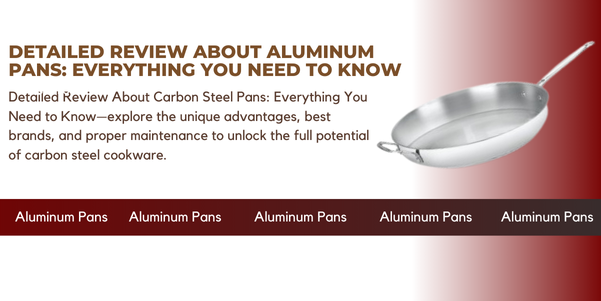
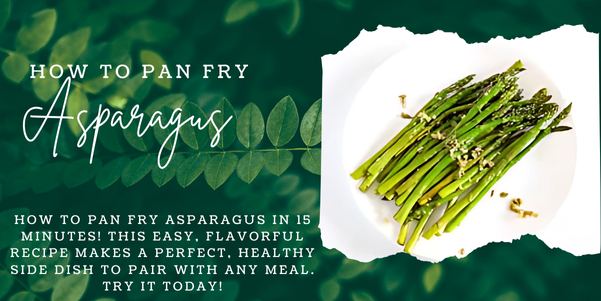
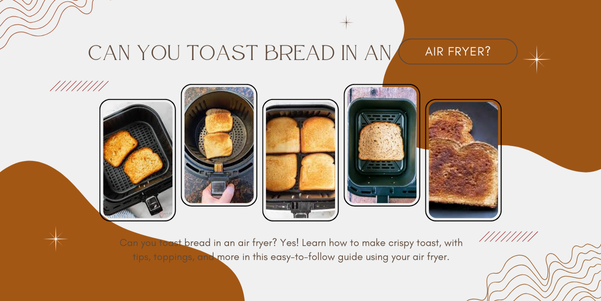
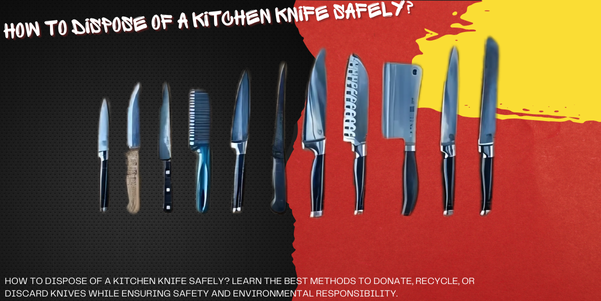
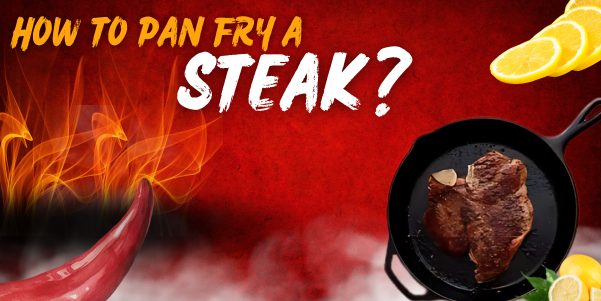
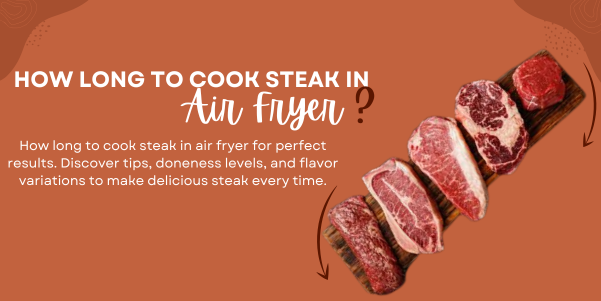

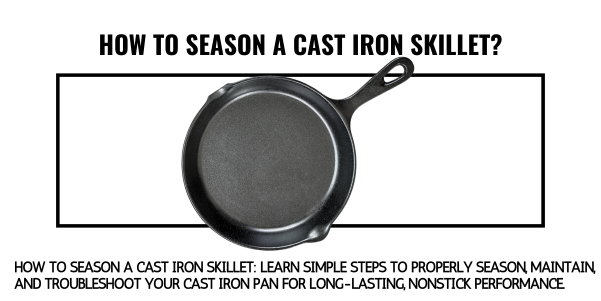
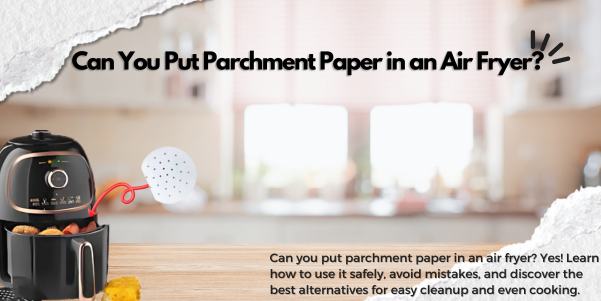
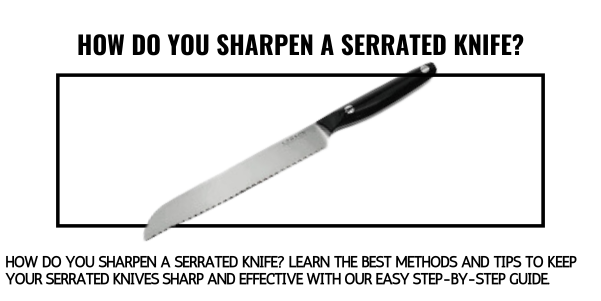
1 Comment
[…] copper cookware provides unmatched precision and beauty. Here’s a complete guide on why copper pans belong in your kitchen, from their benefits and types to essential care tips and top […]